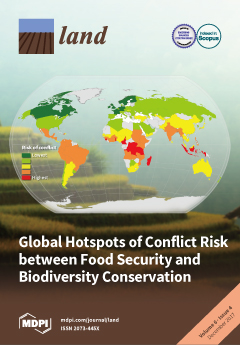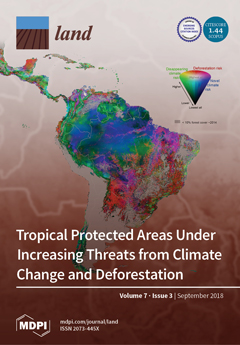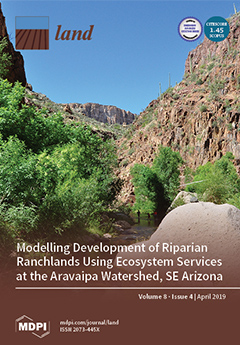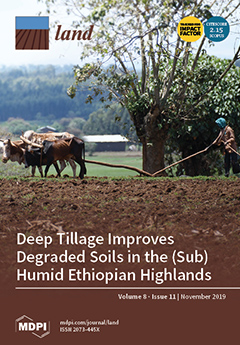Developing gender‐equitable legal frameworks for land tenure
This paper introduces a Legal Assessment Tool (LAT) for gender‐equitable land tenure that was developed by the Gender and Land Rights Database (GLRD) of the Food and Agriculture Organization of the United Nations (FAO) for the purpose of providing prompt, targeted and effective policy and regulatory advice to countries working towards gender‐equitable land tenure. The LAT aims to provide a contribution to the global efforts to achieve responsible governance of land tenure by focusing on the legal issues surrounding land policy and reform processes.











